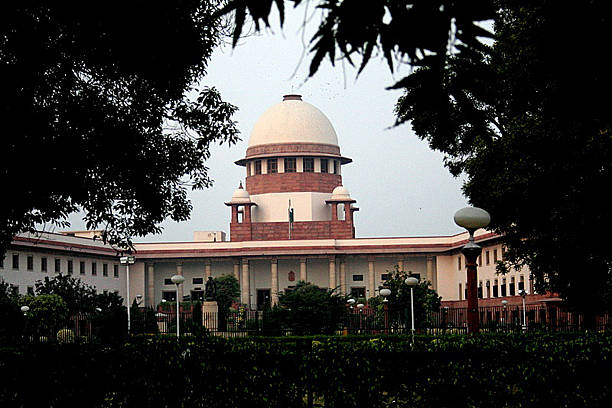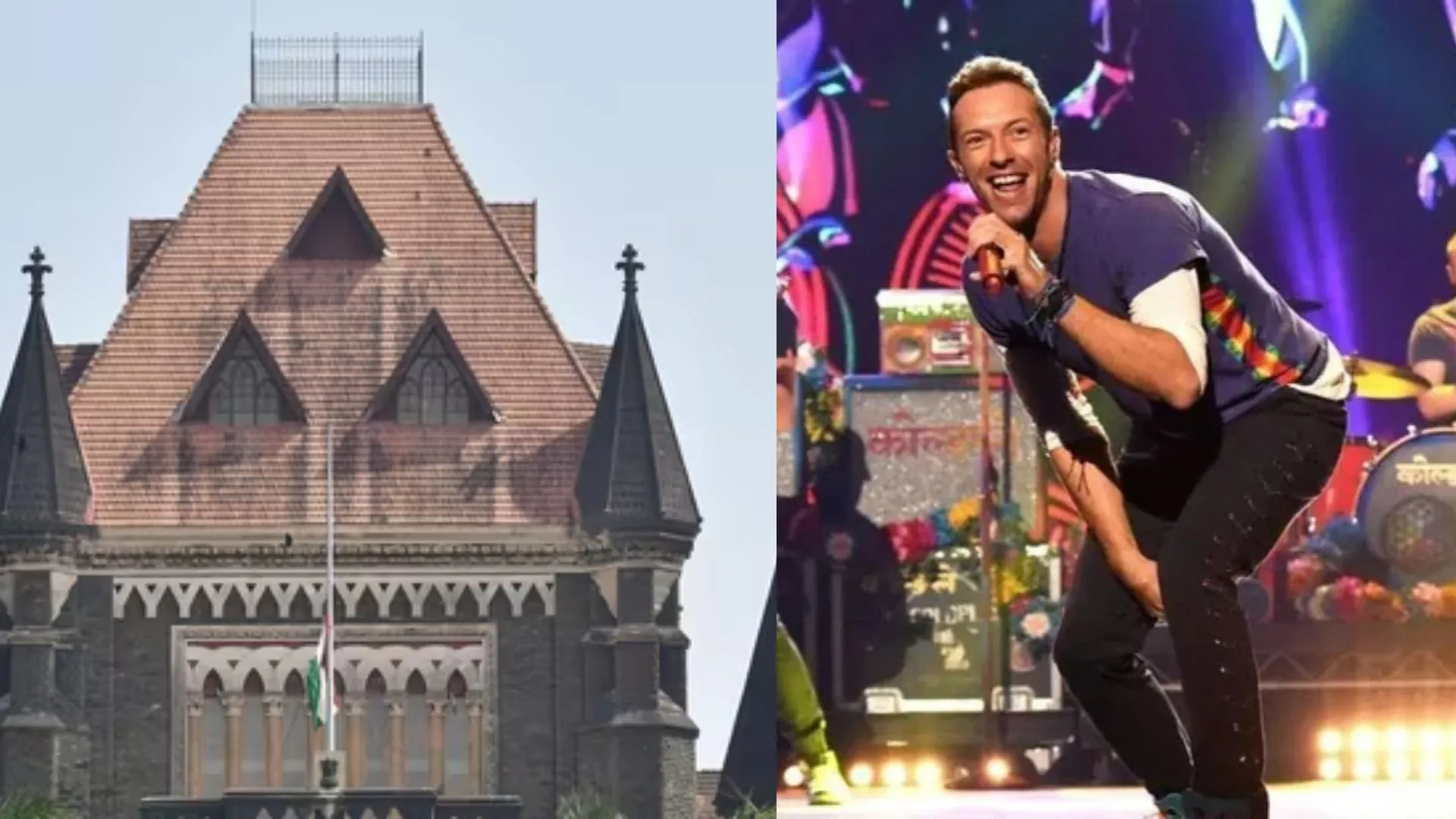The Supreme Court in the case Tarak Dash Mukharjee vs State of Uttar Pradesh observed that the registration of multiple FIRs by same person against same accused based on the same cause of action and the same set of facts is impermissible.
The Court observed that the act of the registration of such successive FIRs on the same set of facts and allegations at the instance of the same informant will not stand the scrutiny of Articles 21 and Article 22 of the Constitution of India.
The bench comprising of Justice Ajay Rastogi and the Justice Abhay S. Oka observed and stated that if it is permitted, it will be resulted in the accused getting entangled in multiple criminal proceedings for the same alleged offence. Further, the court added that the registration of such multiple FIRs is nothing but abuse of the process of law.
In the present case, the accused had approached the Allahabad High Court seeking quashing of the second FIR contending that both the first and second FIRs are based on the same cause of action and the same set of facts. Thus, it is contended that the registration of second FIR is a gross abuse of process of law. The High Court dismissed the petition.
In an appeal, it was noticed by the Apex Court that the allegations made in the second FIR are more or less identical to the allegations made in the first FIR. However, the property subject matter of both the FIRs is the same. Also, the second FIR refers to an agreement for sale. The only difference observed in two FIRs is that in the first FIR, the date of the agreement is mentioned as 14th June 2006 whereas in the second FIR, the date is mentioned as 21st June 2006. Also, the second FIR alleges the commission of offences punishable under Sections 419, 420, 406, 467, 468, 471 of Indian Penal Code, 1860. Further, the bench noticed that the challenge to the first FIR is pending before the High Court.
The court while allowing the appeal and quashing of the second FIR and the charge sheet filed on the basis of the said FIR, the bench observed if the same persons file the multiple First Information Reports against the same accused are permitted to be registered in respect of the same set of facts and allegations and the same will result in the accused for getting entangled in multiple criminal proceedings for the same alleged offence. However, the registration of such multiple FIRs is nothing but abuse of the process of law. Moreover, the act of the registration of such successive FIRs on the same set of facts and the allegations made at the instance of the same informant will not stand the scrutiny of Articles 21 and Article 22 of the Constitution of India. The High Court completely ignored the settled legal position on his behalf.























